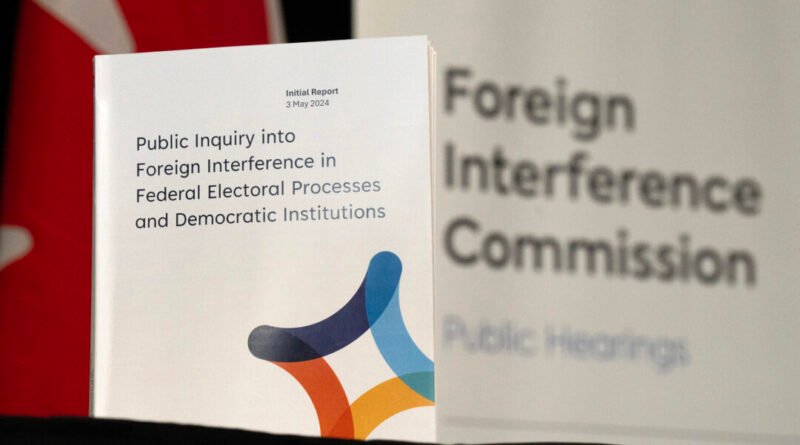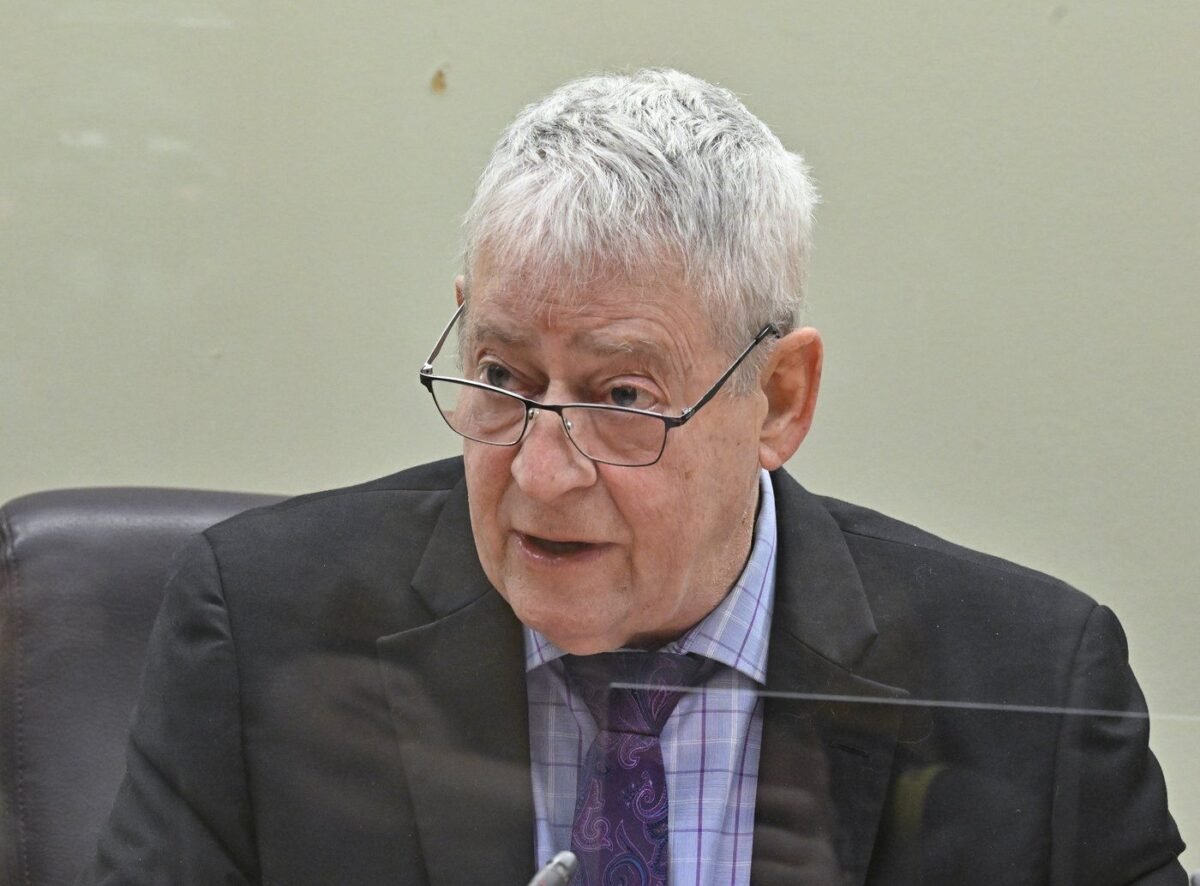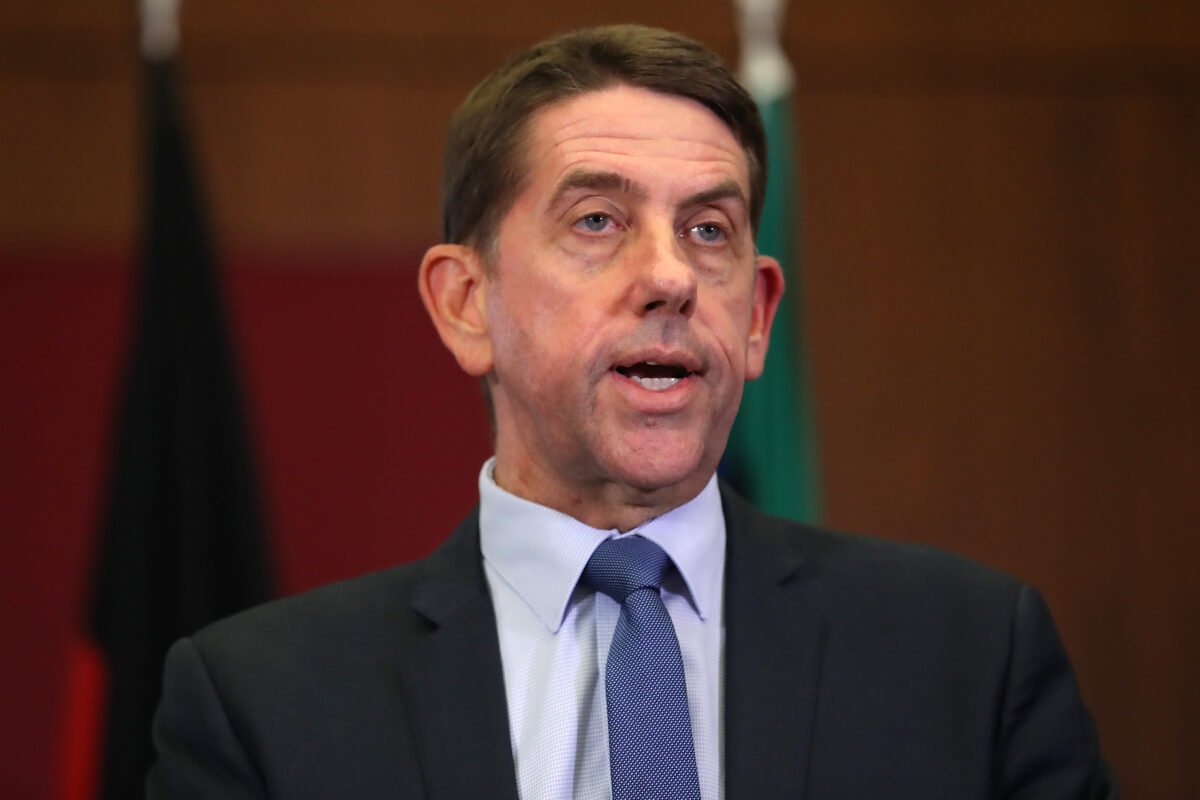Citizen Group Urges Revision of Proposed Foreign Interference Bill to Close Loopholes
A citizen advocacy group has expressed fears regarding gaps in the government’s proposed foreign interference legislation, stating that it could lead to ongoing interference in Canadian politics.
The group also raised worries about the potential for a foreign agent to utilize a lobbyist as a “proxy” for their influence operations.
According to Democracy Watch co-founder Duff Conacher, if the loopholes in the bill are not addressed, secretive, unethical, and undemocratic foreign interference in elections, party leadership races, parties, and government policy-making processes will remain legally permissible in Canada.
Bill C-70, presented on May 6, aims to establish a foreign agent registry in Canada and appoint an independent commissioner to oversee its workings. The bill also expands criminal offenses to combat foreign interference in Canada.
Democracy Watch argued that the discretionary powers granted to the federal cabinet under Bill C-70 are excessively broad. They claimed that these powers could exempt public officials from disclosure requirements in instances of communications with foreign agents, exclude certain foreign interference activities from prohibited actions, confine information in the foreign interference registry, and govern the timeline for implementing the bill.
The group additionally expressed concerns about the potential lack of independence of the proposed foreign interference commissioner, the risk of political bias, and insufficient accountability measures. They cited changes in lobbying rules from last year as examples of ineffective enforcement due to the absence of independence and transparency.
Calls for Investigation
In their press release, Democracy Watch urged the Canadian Security Intelligence Service (CSIS) to disclose redacted information from the recently issued report by the National Security and Intelligence Committee of Parliamentarians (NSICOP). The report noted “alarming intelligence” suggesting the “witting” involvement of some parliamentarians in foreign interference in Canadian politics.
Bill C-70 would grant CSIS new abilities to share intelligence on foreign interference threats with non-federal entities, and Democracy Watch urged the agency to do so upon the law’s enactment. They also called on the RCMP, the Commissioner of Canada Elections, and the ethics commissioner to investigate instances of foreign interference involving MPs or senators.
Mr. Conacher remarked that additional reforms beyond the foreign agent registry are imperative to effectively combat foreign interference. He criticized recent alterations to lobbying and ethics laws for further deteriorating the regulatory framework and heightening susceptibility to foreign influence.
“These changes, combined with the existing loopholes in Canada’s election, political donation, spending, lobbying, and ethics laws, make it even simpler than before for foreign entities to clandestinely influence Canadian politics and policymakers, including through false claims on social media platforms,” he stated.
Noé Chartier and Tara MacIsaac contributed to this report






